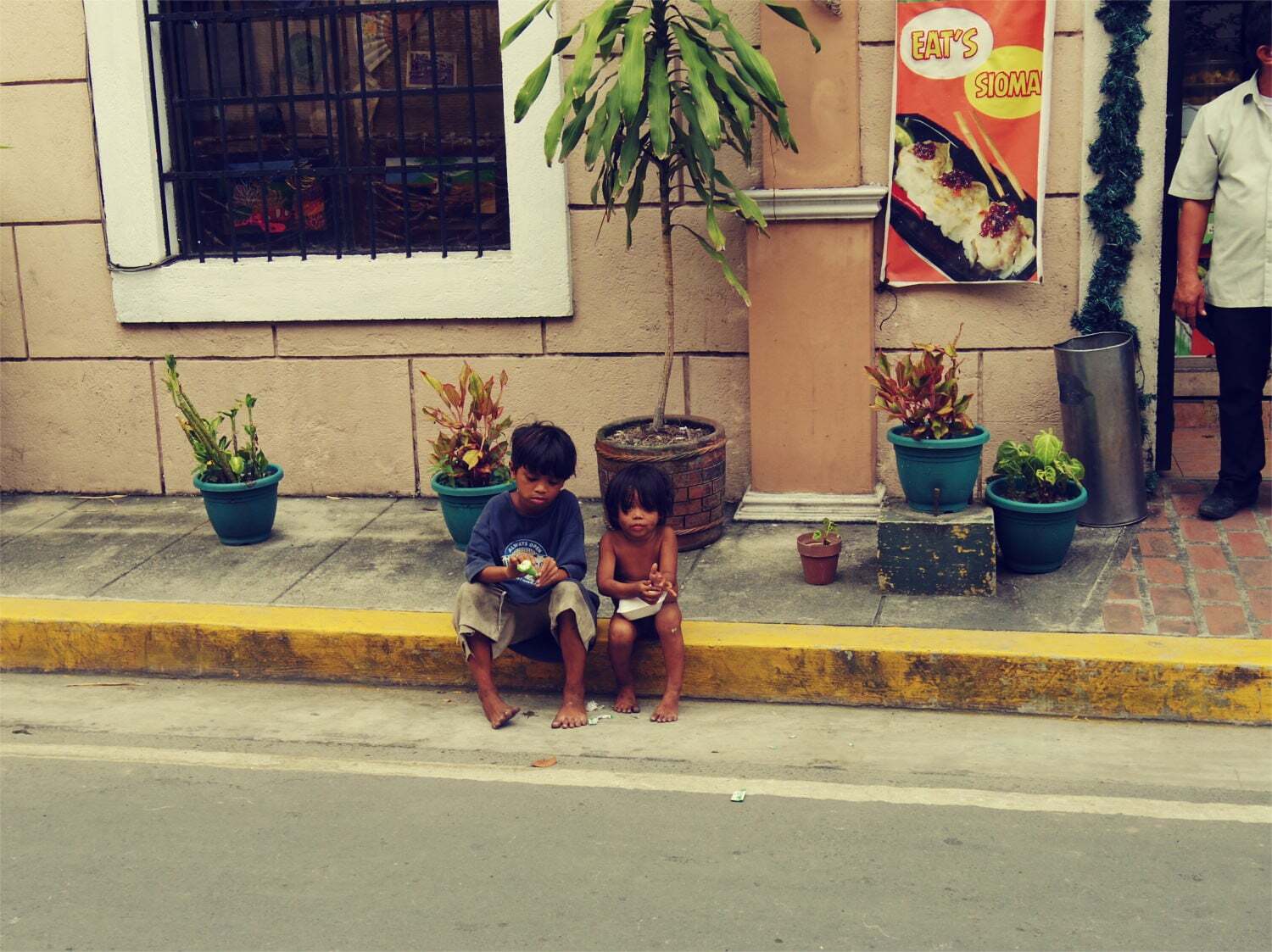
2022.7.21
“Food for the Children of Tomorrow”
Mr. Tatsushi Fujihara, Historian
You’ve made it through the narrow passage, forced to dislocate your shoulder and smeared with blood, out into the light of a new world, breathing air into your lungs for the first time, an experience so shocking you cry out. Congratulations. This is your world now. Welcome to a world brimming with kindness. There’s nothing to fear. All of us are here to guide you.
Ah, what a world it would be if this is how we could welcome the newest lives into existence. Though sadly, this isn’t the case. Our world is unforgiving. The electric light that bathes a child’s body is produced by fossil fuels, and these fuels pollute and warm the earth, so that even a newborn’s first inhalation might be tainted with impurities.
But that’s not the half of it. This is not a world brimming with kindness or happiness. Our world is governed by competing factions and an indifference to their doings. This is a world where words lose out to a quick fist, while cries are drowned out by the sound of bombs. It’s our responsibility as adults to ensure that at the very least, the place where our children are born is one governed by kindness, but for the children born in warzones or refugee camps in places like Syria and Ukraine, survival is no easy task, as we have failed to provide children with the nurturing environment they need. From the perspective of the unborn child, this is a world of stubborn contradictions.
In the womb, “food” is a given, passing from the mother’s body through the umbilical cord. What the mom eats becomes the food the child eats, which makes the mom synonymous with food. The same applies to breast milk, that nutritious elixir which to the infant is the mother’s life made manifest. As one theory would have it, the pronunciation of the word “mama,” and of its cross-cultural equivalents, learned very early in a child’s life, bear a remarkable similarity to the lip movements of a child gesturing for breastmilk. Indeed, raising children is a matter of sharing food, of food itself.
For the sake of those young children who have only been among us for a few years, or less than ten, it’s absolutely crucial that we maintain spaces where food and basic care are simply guaranteed. But the world we live in is sadly not equipped to feed all of the children who are born here. All over the world, children must contend with family members dying from war or starvation or being violent in their own right, which means that home is sadly not a space where care is absolute. Thus, we have a responsibility as adults to be a nourishing presence for these children. A simple guarantee means this is done for the good of society. Using taxes for these purposes is no cause for guilt or uneasiness. Why is it that city halls don’t provide a guaranteed supply of basic food and water for whoever shows up and expresses dire need? How come school cafeterias close at the start of summer, ushering in a season of uncertainty and hunger for so many children?
Why was I born? It’s a hard question for anyone to answer, but in such a world, where food was made available to all, I would be able to say this: you’re simply here, and having you here is a beautiful and wonderful thing.
Translated by Sam Bett
